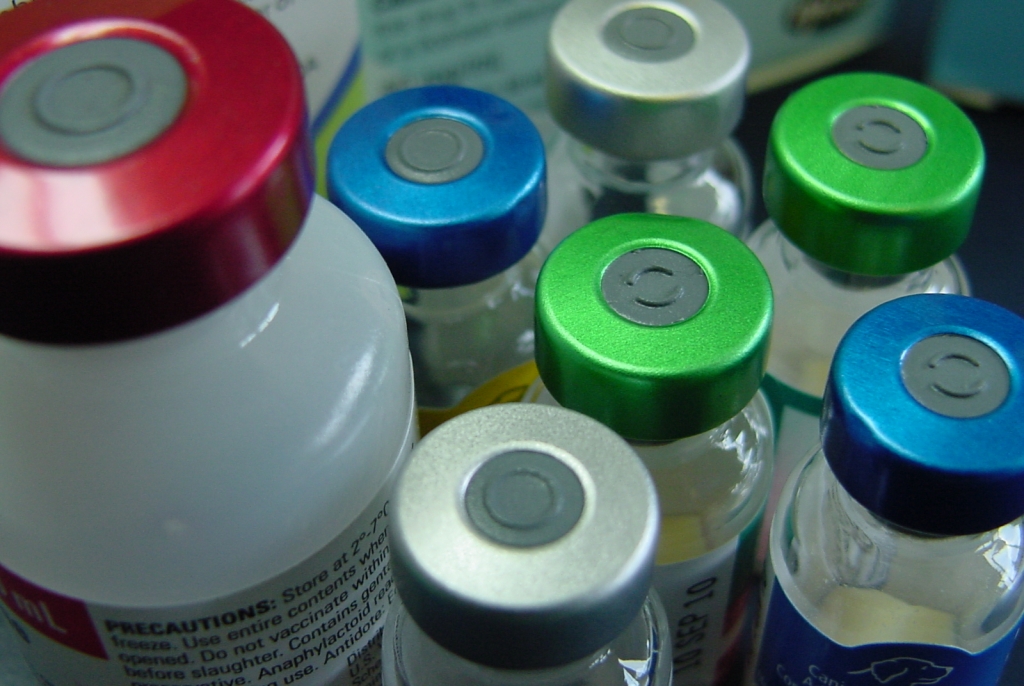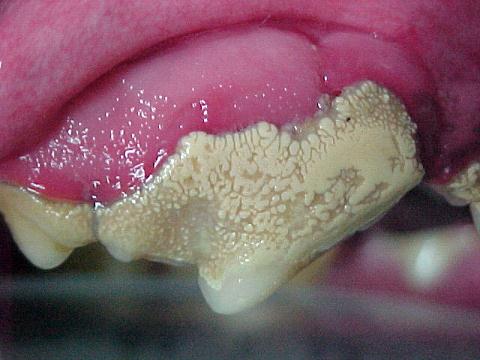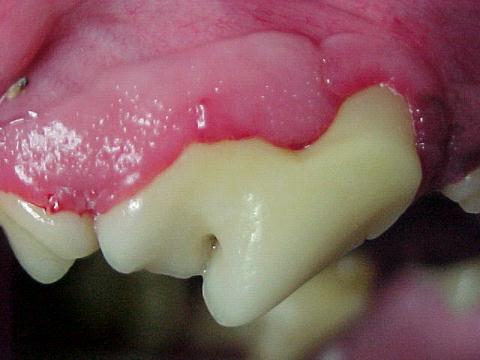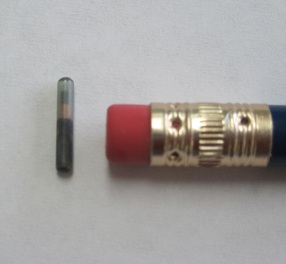|
Preventive Health Care for Felines
|
|
|
|
We believe an ounce of prevention is worth a pound of cure. Veterinarians recommend regular wellness exams for the same reason your physician and dentist recommend them. Preventing diseases, illnesses, and parasites is always less stressful, less expensive, and safer than treating the condition after it arises. We want your canine and feline companions healthy and by your side for as long as possible. A pet's best preventive care comes from an informed, observant owner and regular checkups by the veterinarian.
Vaccinations, heartworm prevention, and routine deworming are important components of wellness care and can prevent diseases that are life-threatening and expensive to treat.
Click here for the American Veterinary Medical Association's Canine Preventive Healthcare Guidelines
|
|
 |
|
|
|
|
|
|
Preventive Dental Care
 |
 |
The same natural processes that cause us to need routine dental care are at work on our pets too. Our doctors see plaque buildup, periodontal diseases, and tooth damage every day. They are among the most common and most preventable medical conditions we see.
When allowed to progress, these conditions can quickly cause pain, oral infections and a decline in general health. Studies show bacteria in plaque buildup (left) invade the bloodstream through affected gums and cause liver and heart disease. Cleaned (right), and the source is gone. The good news is that proper periodontal care adds an average of two years to a pet's life.
For more information about dentistry at Apple Valley Animal Hospital, CLICK HERE for our hospital Dentistry Brochure.
|
|
|
|
|
|
|
|
Diet, Nutrition and Weight Management
A healthy diet is as important for dogs as it is for us. Nutritionally balanced diets help dogs stay healthy and can help manage or reverse some conditions. We stock Royal Canin, Purina, and Hills Prescription Diets because of their continuous research, quality ingredients, and commitment to developing diets for dogs specific nutritional needs.
|
|
|
|
|
|
|
Microchipping
 |
Every two seconds a family pet is lost. Many are never reunited with their families because they cannot be identified. Because of these statistics, we recommend microchip implantation.
Unlike an identification tag, or collar, microchips don't have the risk of coming off if your pet does get lost. Most animal shelters and animal control facilities scan for microchips when pets arrive. The "chip" is about the size of a grain of rice and is injected under the skin. In many cases, owners choose to have their pet microchipped during their spay or neuter.
|
|
|
|
|
|
|
Individualized Flea/Tick Control Programs
There is a dizzying assortment of flea and tick control products to choose from. Some control both parasites, some don't. Some are insecticides while others are insect growth regulators. Some are oral, while others are topical. Our doctors will make recommendations based on safety, exposure and your pet's lifestyle.
|
|
|